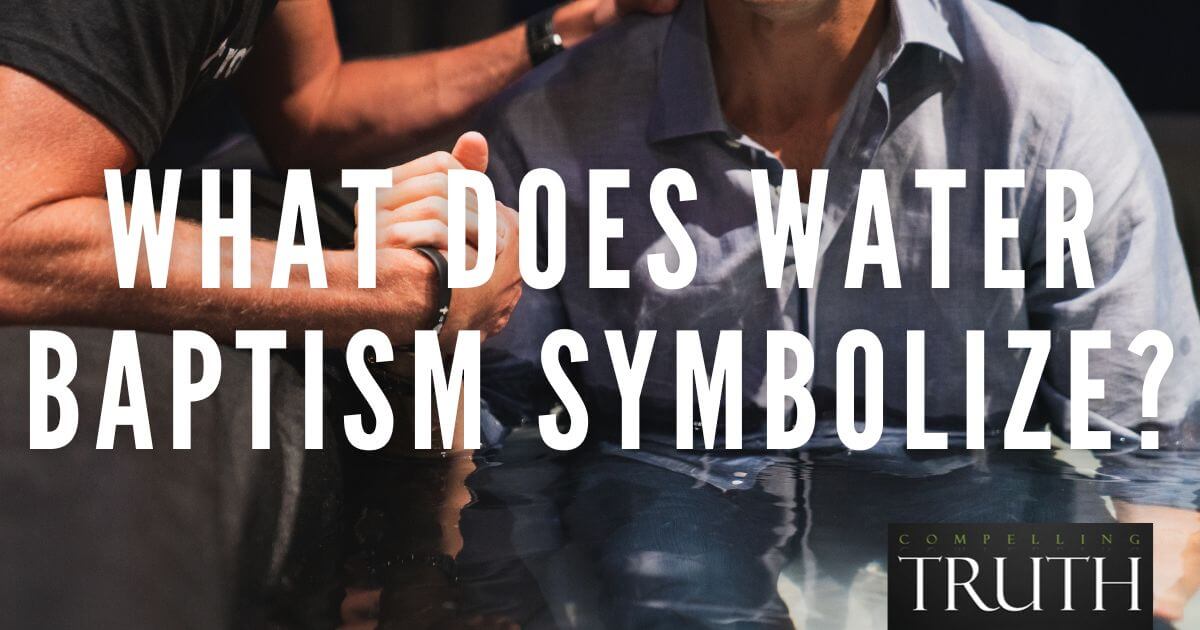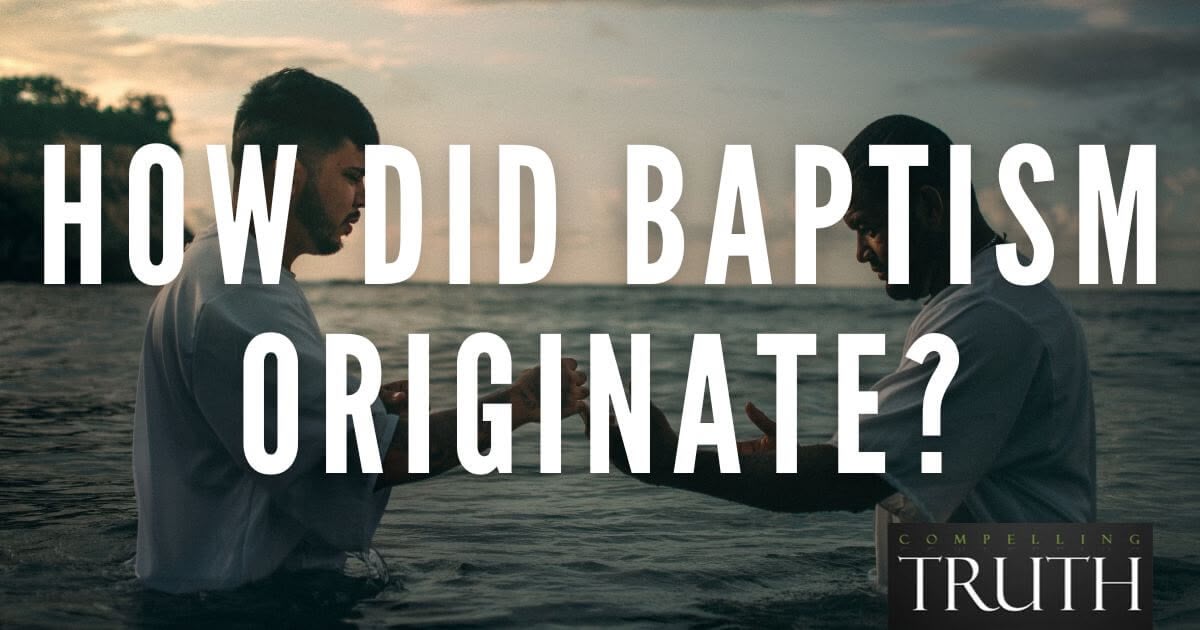what does the bible say?
Baptism is an ordinance instituted by Christ for believers. Jesus, fully God and fully man, came to earth and died, was buried, and rose again for the forgiveness of sins (1 Corinthians 15:4). Once a person is saved, they follow Christ’s command to be baptized, revealing the work that has been done in their hearts already. Through baptism, the Christian identifies with what Jesus did by being fully immersed into the water (symbolizing death) and then being lifted out of the water to show their new life in Christ. It is a physical portrayal of a spiritual reality. While baptism is not practiced in the Old Testament, there are concepts and practices in Judaism that foreshadow baptism.
The Old Testament prescribed water rituals that symbolized cleansing of sin and purity of the ritually impure. It also associated water with life. So, too, the baptism of the New Testament symbolizes freedom from sin and the new life in the Spirit that are only available through faith in Jesus Christ and His saving work on the cross and in His resurrection. He is our true hope.




